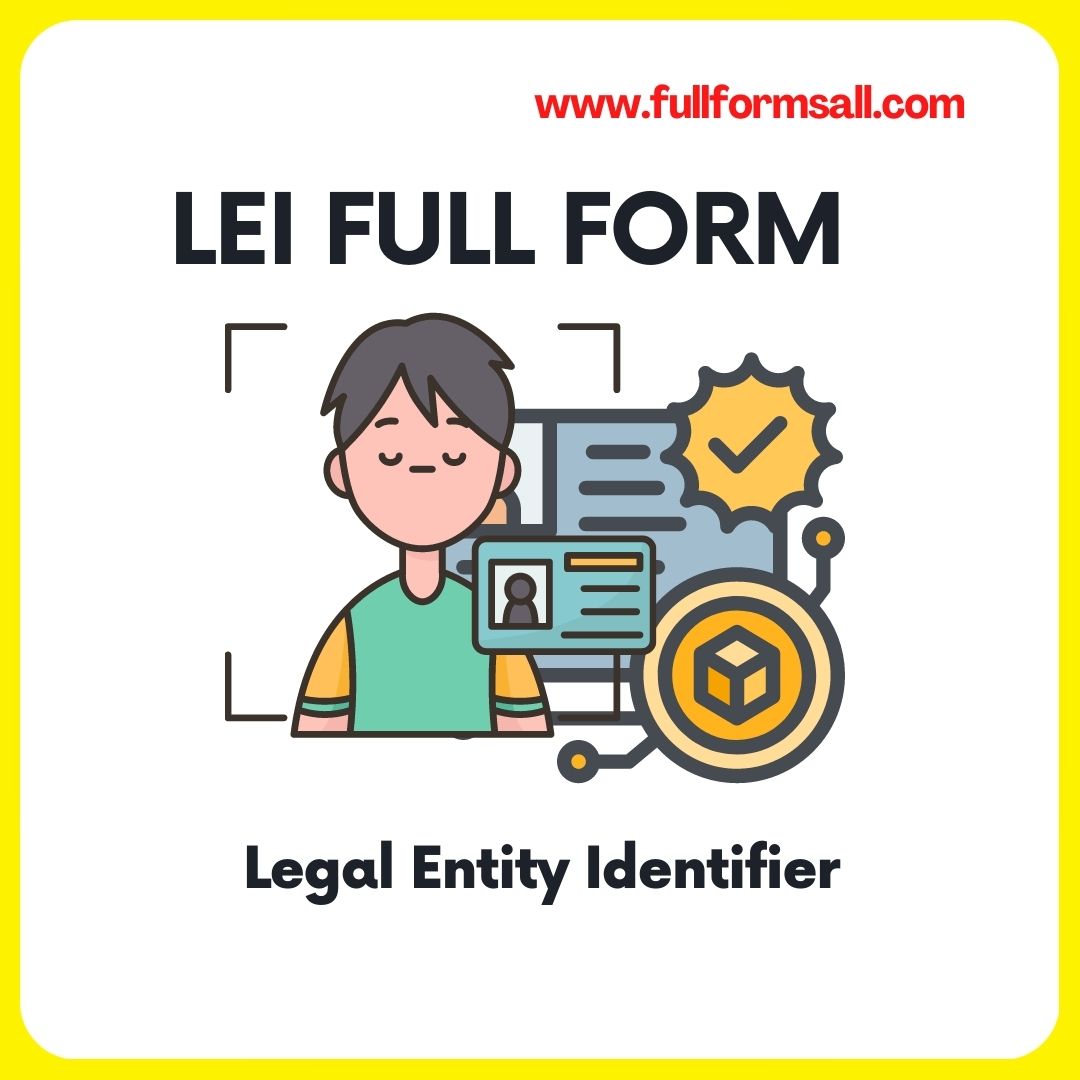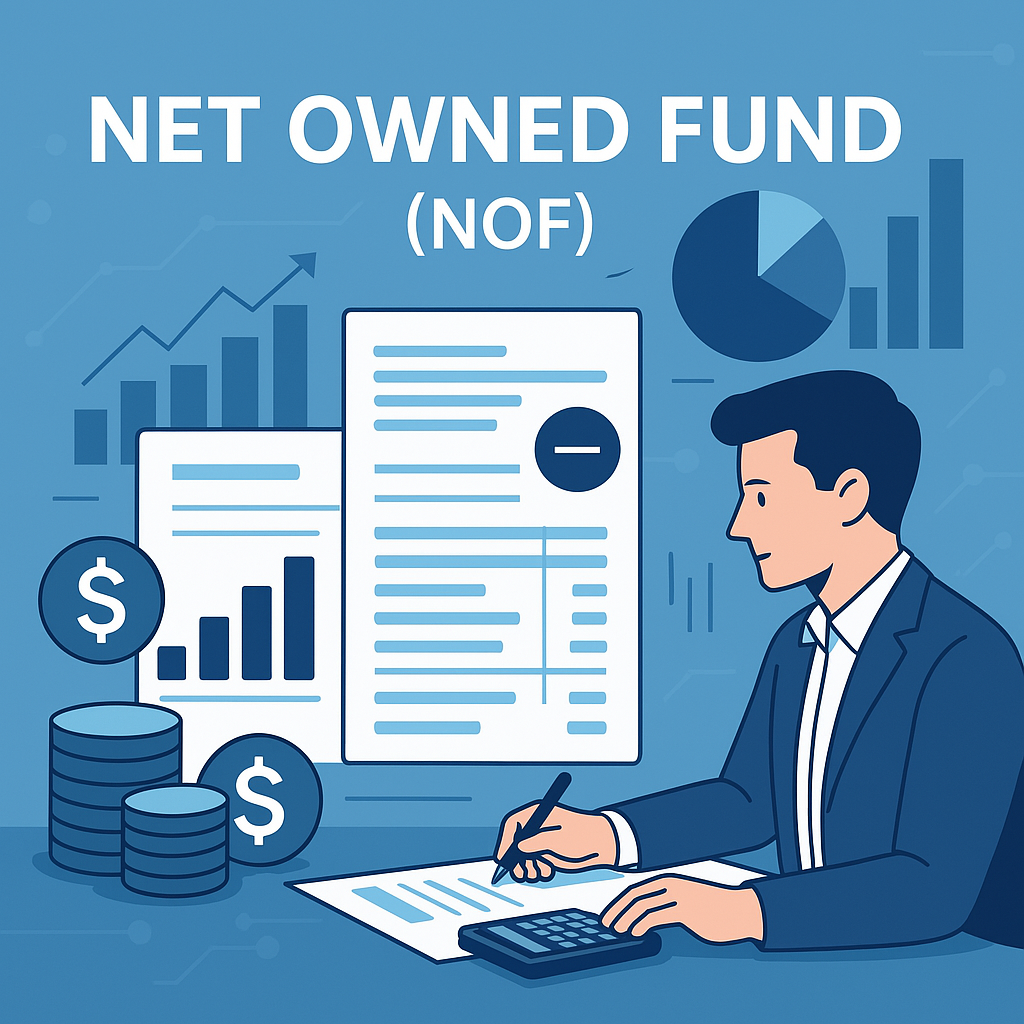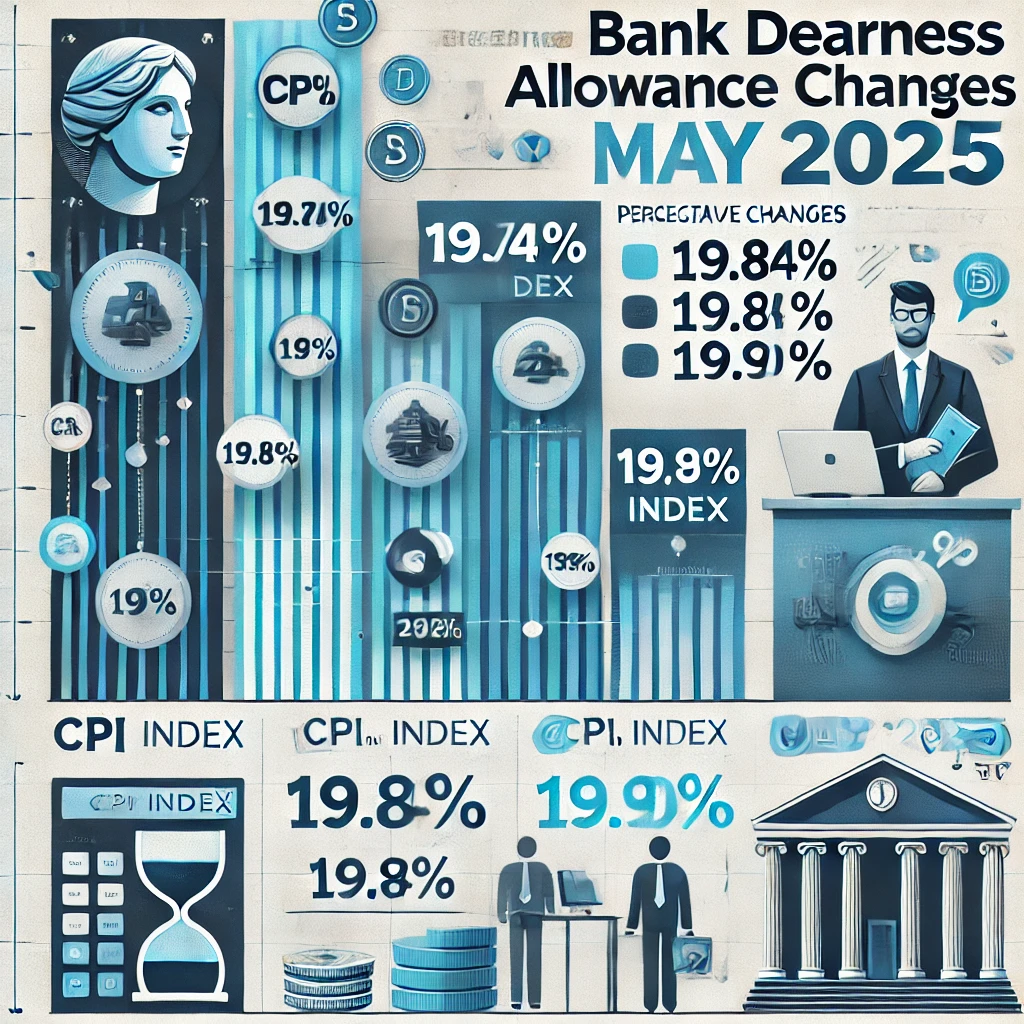In this article you get to know about LEI full from and other different abbreviations of LEI in various fields. LEI full form refers to Legal Entity Identifier.

The Legal Entity Identifier is a unique 20-character alphanumeric code that identifies legally registered entities that participate in financial transactions. It was created in response to the 2008 global financial crisis as a way to improve transparency and accountability in financial markets. The LEI system is maintained by the Global Legal Entity Identifier Foundation, which oversees the registration and issuance of LEIs to entities around the world. The system is designed to provide a standardized, globally recognized identification system for entities engaged in financial transactions.
An LEI is assigned to an entity by a Local Operating Unit, which is an organization that has been accredited by GLEIF to issue LEIs. The LOU verifies the information provided by the entity during the registration process, including its legal name, address, and other identifying information. Once an entity has been assigned an LEI, the information is added to the Global LEI Index, which is a publicly accessible database of all registered LEIs. This allows market participants to easily identify and track the activities of entities involved in financial transactions. LEIs are required for certain types of financial transactions, including those involving derivatives, securities, and other financial instruments. They are also increasingly being used by regulatory authorities around the world to monitor and track financial transactions and assess systemic risk.
Any legal entity that is engaging in financial transactions is required to have an LEI number. This includes corporations, partnerships, government entities, non-profits, and any other entity that engages in financial transactions.
Examples of financial transactions that require an LEI include:
| Trading in stocks, bonds, and other securities |
| Buying and selling derivatives, such as options and futures |
| Participating in foreign exchange transactions |
| Engaging in money market transactions |
| Taking out loans or other forms of financing |
Regulatory authorities around the world are increasingly requiring the use of LEIs in financial reporting, particularly in the context of over-the-counter derivatives transactions. As such, many market participants, such as banks, investment firms, and trading platforms, may also require their clients to have an LEI in order to conduct transactions with them. It’s important to note that individuals, sole proprietors, and unincorporated entities are not required to obtain an LEI, as they are not considered legal entities. However, they may be required to obtain another form of identification or registration number, depending on the jurisdiction and the type of financial transaction involved.
The Global Legal Entity Identifier Foundation has accredited a network of organizations around the world to issue Legal Entity Identifiers to legal entities. These organizations are known as Local Operating Units. Currently, there are several LOUs accredited by GLEIF, including stock exchanges, regulatory bodies, and other financial industry organizations. These LOUs are responsible for verifying the legal and organizational status of the entity applying for an LEI, and then issuing the LEI if the entity meets the required criteria. Any legal entity that needs an LEI can apply for one through an accredited LOU. The LOU will typically charge a fee for their services, which can vary depending on the jurisdiction and the type of entity applying for the LEI.
It’s important to note that once an LEI is issued, it is valid for one year, after which it must be renewed. Entities are also required to update their LEI registration information whenever there is a change in their legal or organizational status, or other significant changes to their information. This helps to ensure that the information in the global LEI database remains accurate and up-to-date.
The Legal Entity Identifier is a unique code that identifies legally registered entities that participate in financial transactions. It provides a standardized and globally recognized identification system, which helps to improve transparency and accountability in financial markets.
Different abbreviations of LEI in various fields are as follows
| Term | Abbreviation | Category |
| LEI | Legal Entity Identifier | Business |
| LEI | Leading Economic Indicators | Business |
| LEI | Lucas Energy, Inc | Business |
| LEI | Landbouw Economisch Institute | Education |
| LEI | Lean Enterprise Institute | Education |
| LEI | Lumbini Eye Institute | Education |
| LEI | Leadership Effectiveness Inventory | Military and Defence |
| LEI | Life Expectancy Index | Technology |
| LEI | Lotus Enterprise Integrator | Computing |
CONCLUSION:
Dear reader in this article you get to know about LEI full from and LEI term used in various other fields, If you have any query regarding this article kindly comment below.


